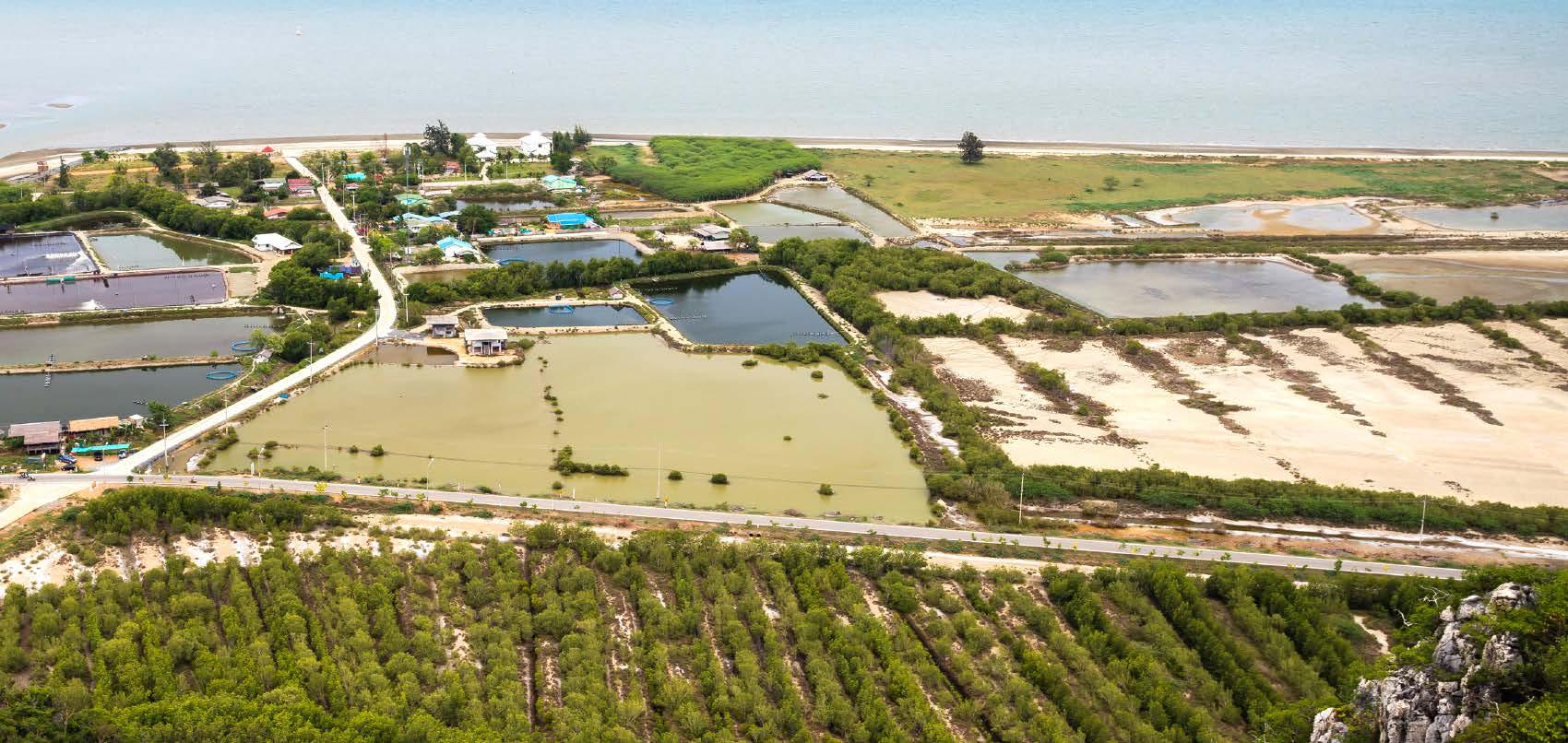
3 minute read
COLUMNS
The Unseen Losses of Covid-19 in the Aquaculture Industry
By: Salvador Meza *
When the owner of a micro, small, or medium-sized business starts dedicating their day-to-day to manage the company’s debts and losses, that is the precise moment in which their imagination and enthusiasm for developing new production strategies, creating new products, gaining access to a new market and, in general, for the innovation that drives the development and growth of the industry, is stifled.
The economic crisis that will come as a consequence of the COVID-19 health crisis does not only represent a slow-down of aquaculture’s development but it can also create even more profound consequences. The majority of aquaculture farmers could very well end in a “temporary survival” situation in which they will only have the possibility of achieving day-to-day operations, in a complete uncertainty of what might happen on the following day.
All plans to improve processes, to better train and select staff, to increase production capacity, and to reach new markets with novel presentations, have been filed in office drawers, at best. In the case of smaller companies, those plans are now

relegated to the head of the owner or manager.
Today, a workday is made up of calls from creditors who want to learn when they are going to be paid. It’s made of a reminder from the State revenue agency to pay Social Security for the employees or the back taxes for the previous months. It’s comprised of calls to the bank to prevent them from lowering the credit limit on business and personal credit cards, of negotiating a salary strategy with employees that allows the company to keep them in the payroll in exchange for being able to pay them a percentage of their salary. Of negotiating with tenants for the delayed payments of properties currently on lease to them, of deferring payments for business loans and credit cards, of getting unpaid inventory back, of getting the feed for the fish or shrimp on credit, and of going to the office of the power company and begging them not to cut the electricity supply to the farm this week, among many other tasks of this nature.
The burden, the exhaustion, and despair felt by owners of micro, small, and medium-sized companies and their staff can vary from company to company and is directly related to their particular financial situation.
However, in an economic crisis of this magnitude, it is difficult to think that they will not be all affected, in one way or the other.
All the time that the owner or manager of a company and its employees dedicate to managing debts and commercial commitments, to negotiating wages and the dismissal of employees and officers, to shutting down offices and branches, to halting plans and projects, and to underselling or auctioning off inventory and company property, is time that stops being invested in the development, innovation, and growth of the company. If this happens in all or most of the companies in an industry, then the industry as a whole will stop growing, as will the economy it sustains and the population that depends on it.
This decline of the “potential growth rate” of aquaculture during an economic crisis such as the one that could be brewing as a result of the COVID-19 pandemic, is the greatest loss that we will all experience because it is a projected drop for the medium or long term that will affect not only the current generation but also future generations.
Which government agency is measuring this “potential decline rate”? What budget reflects the lost
growth caused by halting development and innovation in an industry such as aquaculture, which, according to the FAO, could very well feed the future generations? Who tallies the jobs that won’t be created because of aquaculture’s lack of growth, being one of the so-called “industries of the future”? What will be the future impact on the consumption of fish and shellfish of the world population, caused by the delay in the development of aquaculture technologies?
This bleak perspective could be improved significantly with the application of vigorous, State-sponsored stimulus programs that support aquaculture production and is focused on micro, small and medium producers so that they can move from loss and debt management to managing active growth, development, and innovation. The result of any decision made today will create the consequences we are going to experience in the coming years.
Salvador Meza is Editor & Publisher of Aquaculture Magazine, and of the Spanish language industry magazine Panorama Acuicola.





